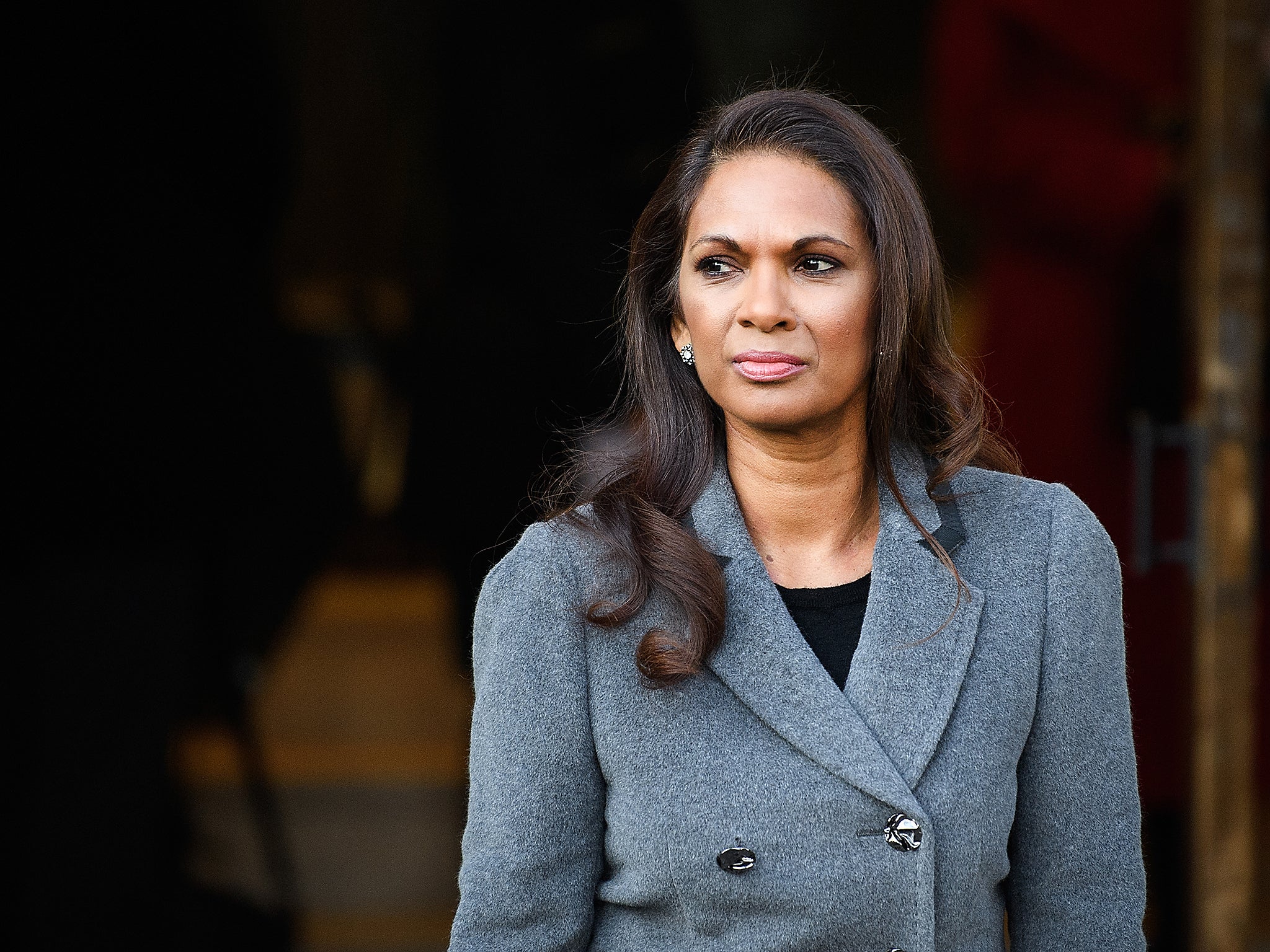Men spoke for over four hours during this week's Supreme Court Brexit case, while women spoke for one minute – this is why it matters
When my (female) colleague tweeted the statistic above, adding no further comment, the replies included 'A wasted 1min 21sec' and 'First of all, what was she doing out of the kitchen?'


After ploughing through the reams of reportage and complicated legalese, here’s a statistic about this week’s Supreme Court Brexit case that you may have missed: on Monday, during four and a half hours of court proceedings, men spoke for four hours, 28 minutes and 39 seconds. Women spoke for one minute and 21 seconds.
Negotiating how the perilous exit of Britain from the European Union should be handled, and what role Parliament can and will play, were 10 men and one woman. They were all white and all in late middle age.
They are, no doubt, a collection of some of the best legal minds in Britain operating at the high points of their careers. And given that these lawyers commenced their training some 40 years ago, when women were less equally represented in the profession, there’s some inevitability about these figures. But does that mean that it doesn’t matter? No.
Because although coming to the right and proper legal conclusion over the Brexit case does not necessarily depend on having a diverse audience of judges to hear it, the debate would certainly be enhanced by it. And more than that, the law – just like every profession – is seeking to reflect the community it serves. Here was an example to show how far it has come in doing that, and it has been missed.
It matters even more when you look at the response to remarks made in public about the lack of women representing either side in the case. When my (female) colleague tweeted the statistic above, adding no further comment, the replies – ranging from the facile to the disgusting – were a helpful reminder of why women should be represented in such landmark moments in public life such as this.
Here are just a few examples of the comments her post elicited: “Choice of vocation is just that, choice. If women don’t become lawyers, they don’t speak in court”; “By and large irrelevant. It is a law case not a beauty pageant”; “You raise a good point. Why did the women have so little to contribute?”; “A wasted 1min 21 sec”; “First of all, what was she doing out of the kitchen?”
Fittingly, during the first day of the hearing, Lord Neuberger ordered that the names and addresses of the claimants who had brought the Brexit case to the High Court in the first place could not be published, and neither could the details of their children – all because they had suffered online abuse and threats of violence for challenging the Brexit vote through legal channels.
These are not two isolated incidents, but two facts of the same troubling story. We are becoming a society that not only tolerates but often provokes those who would silence the voice of others with whom they do not agree – whether because, in the case of Brexit, of a fundamental ideological difference, or due to more sinister forces such as sexist attitudes towards women.
The Supreme Court hearing is a triumph of the role of open debate and disagreement, and of democratic rule. It brings into the open our differences, with tolerance and neutrality. It seeks to resolve these differences with fairness; to make a good judgement on behalf of us all.
That’s why, in situations such as these, there is a good argument for some element of positive discrimination.
There is only one woman in the UK Supreme Court, just as there are only four in Canada, three in the US, and three in Australia’s High Court. That situation cannot endure.
That’s not to say that men and women should be equally represented in court, or on another public platform, in terms of bald numbers, but that women’s voices must be heard and not silenced by circumstance. It doesn’t matter if they are saying exactly the same thing that a man in their position would be saying; it is sufficient that women are seen – with tolerance and respect – to be participating in our democratic structures, and leading in important decision-making processes.
It is not sufficient to simply say we have a female Prime Minister who has ultimate control. The acceptance of an exception to the rule is a classic diversion tactic. That statistic – that a woman spoke for less than two minutes in the first day of Supreme Court proceedings – is not about highlighting individuals’ career choices, or making an irrelevant observation on the business of the day. It points to a far bigger issue with the way the wheels of our democracy turn.

Join our commenting forum
Join thought-provoking conversations, follow other Independent readers and see their replies